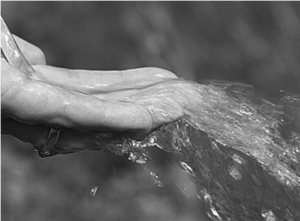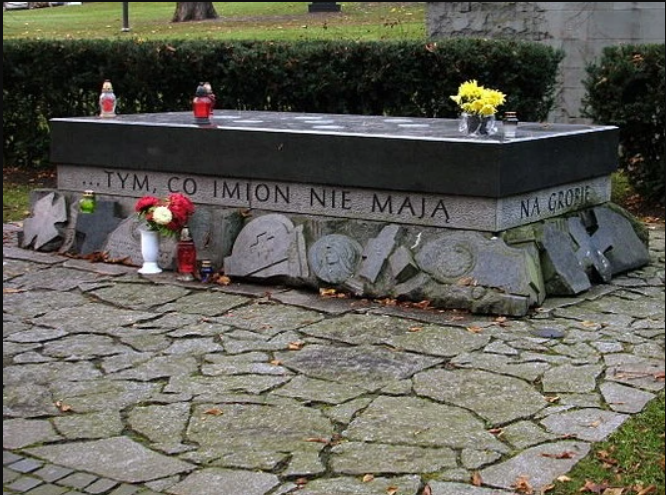“Everyone who drinks this water will be thirsty again, but whoever drinks the water I give them will never thirst. Indeed, the water I give them will become in them a spring of water welling up to eternal life.” (John 4.13-14)
I can count on one hand the times in my life when I have been properly thirsty. Many of us are so blessed with good things that it is a rare experience. The same may be true in the spiritual sense. Indeed we may not even be able to identify our problem. In western countries it is all too easy to turn aside from spiritual thirst and dryness, seeking a panacea, a distraction or a quick fix. Some of us may ‘treat ourselves’, seek out ‘comfort food,’ decide we need a holiday or some entertainment to lighten the mood, watch a box set, perhaps escape into ‘retail therapy’ or decide that the cure lies in a nice cup of tea. Yet these strategies, helpful as they may be in the short term do not solve the problem when strength is sapped and morale sinks (nor, of course, does escapism cure the suffering of depression). At worst this turning aside can take the form of rebellion against God and the idolatry of materialism, as was the case with those of the Israelites in the wilderness who, experiencing real thirst, denied God’s work among them and wanted to return to Egypt.
If Nicodemus in last week’s gospel was pointed forward to the cross, the Lord’s discussion with the woman of Samaria looks forward beyond this to Pentecost. Nicodemus, a man who seemed to have his life under control, struggled with the sheer simplicity of the call to accept a free gift and be born again. New birth is the beginning of new life, but now we are made to consider how spiritual life is to be sustained, grow and flourish. The unnamed woman at the well seems to become aware that her life, and indeed her religion, were stagnating and responds to Jesus: “Everyone who drinks this water will be thirsty again, but whoever drinks the water I give them will never thirst. She leaves her water jar (and remember that set of enormous water jars at the wedding at Cana!), understanding what is meant by “living water”, an endless stream bubbling up from the source that will transform the staleness of her life.
Many in religious communities have deliberately turned their backs on the avoidance tactics that the materialistic world offers. To do so is not a kind of self-flagellation, but trust, and those who have done this often describe periods of spiritual dryness followed by a discovery of the sustaining power of the Holy Spirit. Those who accept the challenge to trust, find the streams of water in the desert. Water will gush forth in the wilderness and streams in the desert (Isaiah 35.6)
When in the noonday heat we may be tired (as Jesus was), when in suffering we may thirst for God (as did Jesus, unimaginably, on the cross when he bore the sin of the world), we are not abandoned in the wilderness, as individuals or as a people, if we go forward in trust instead of turning aside. The living water bubbles up from the source, ultimately filling everything. It is from the source that this life-giving sustenance comes, by contemplation of what the Creator has done, by prayer, which is the daily centre of our relationship with God, the Bible and the sacrament. This may be experienced as we pass through green pastures or, through perseverance and trust, in the wilderness.










